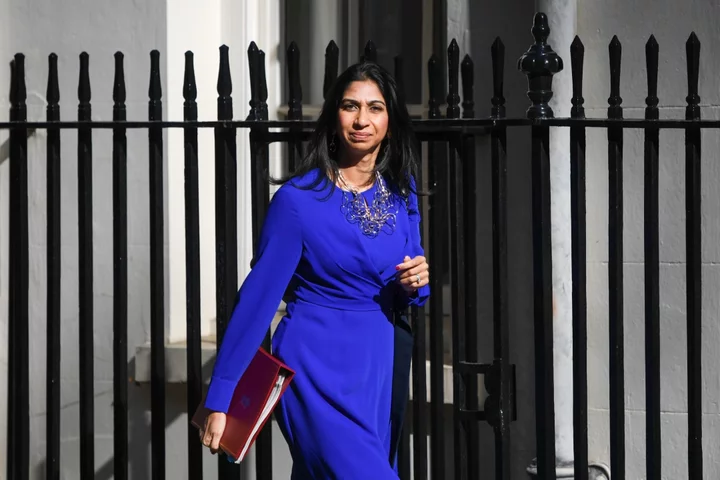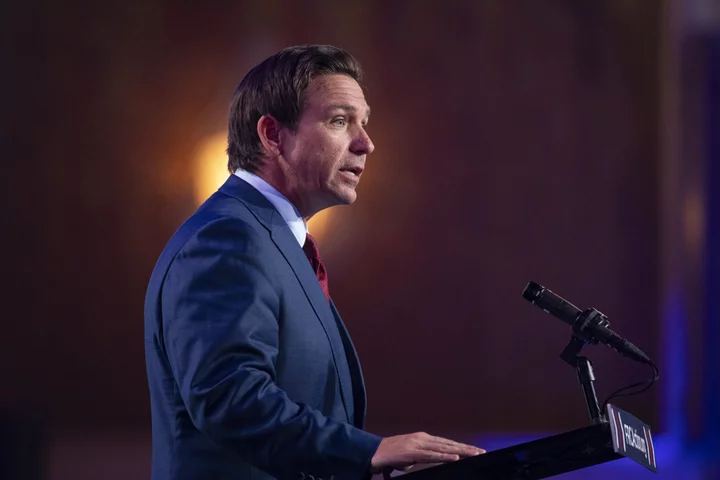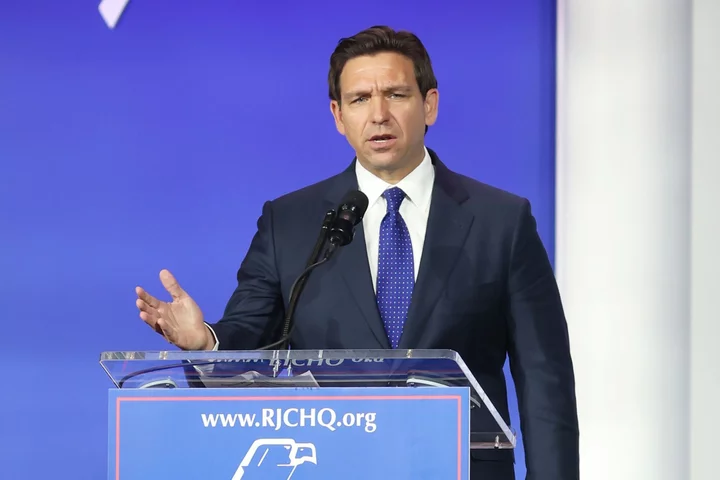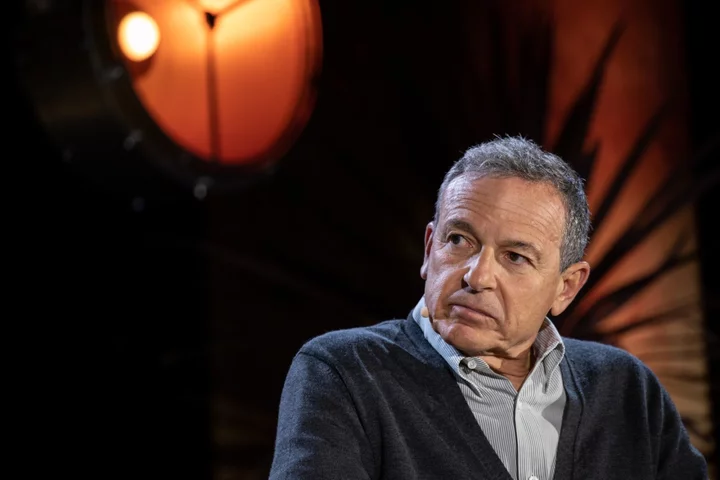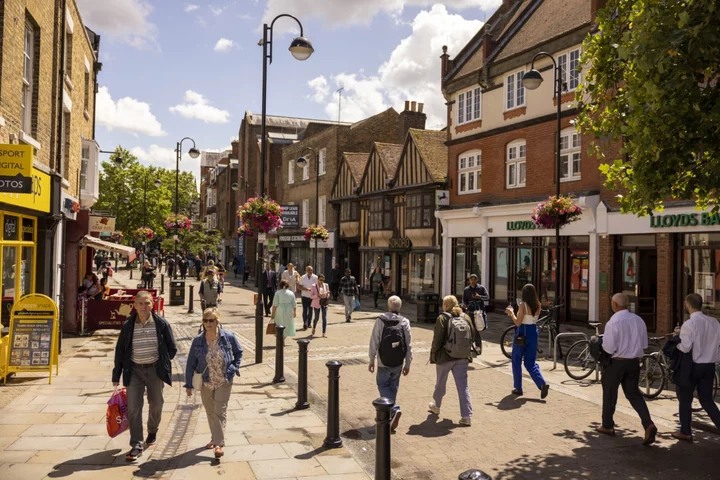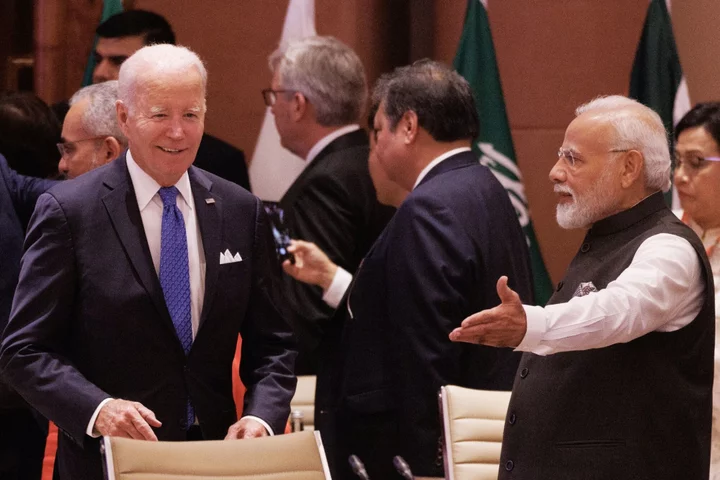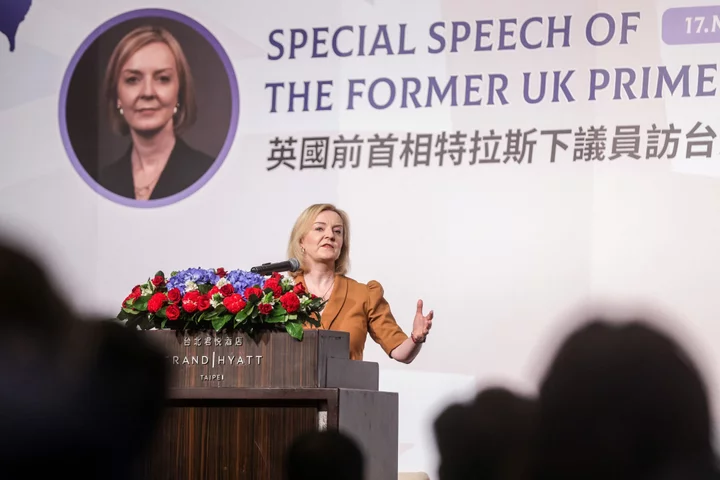Rishi Sunak pledged to restore integrity and professionalism to his Conservative government when he took office in October. But even as he glad-handed world leaders at the Group of Seven summit in Japan, his scandal-ridden party was coming up with yet another distraction.
Returning to the UK in the middle of the night, the premier held talks early Monday with his ethics adviser to discuss Home Secretary Suella Braverman. According to reports, last year she asked officials to find a way to keep a speeding ticket out of the public eye, a potential breach of the principle that taxpayer-funded civil servants should not be involved in private matters.
Braverman insisted “nothing untoward” happened, though in a testy session of Parliament, she repeatedly refused to answer direct questions and didn’t take the opportunity to deny she asked her officials to help. In his own House of Commons statement, which was supposed to be about G-7, Sunak said he has asked for more information before deciding whether a formal probe is needed.
“Where issues like this are raised, they should be dealt with properly and they should be dealt with professionally,” Sunak said. “I’ll update on the appropriate course of action in due course.”
Unlike when a reporter asked him about Braverman during a wrap-up news conference at the G-7 on Sunday, Sunak managed to avoid showing his frustration at the line of questioning. Yet his response had uncomfortable echoes for a prime minister barely a month after his No. 2, Dominic Raab, resigned as deputy prime minister over an inquiry that found he engaged in aggressive and intimidating behavior toward civil servants.
Sunak’s electoral pitch, which is centered on restoring a sober approach to politics following the turmoil under Boris Johnson and Liz Truss, isn’t helped by the fact he has already lost three Cabinet members to scandal.
“There’s less sympathy for the home secretary because we are just beginning to return to normality after a turbulent year in Conservative politics,” Tobias Ellwood, the Tory chairman of Parliament’s influential defense committee, told TalkTV. “You don’t try and pull strings and seek favors because of your connections to try and cover it up.”
Though Braverman isn’t accused of the type of law-breaking that helped precipitate Johnson’s demise, the issue goes to the heart of power in Sunak’s administration. It also fits the narrative used by political opponents that after 13 years in power, the Tories have lost touch with how ordinary voters live.
For Sunak, Braverman’s involvement holds particular peril. She was fired by Truss for breaching security rules last year, but after Truss’s premiership then imploded, surprised many by coming out in support for Sunak — a move that effectively ended Johnson’s own bid for an unlikely comeback.
Sunak reappointed Braverman as home secretary in one of his first acts in office, judging that she would bring support from the right of the Tory party. It means any mistake or controversy surrounding Braverman allows Sunak’s critics to label it a self-inflicted wound.
Still, the alliance has always appeared an uneasy one, especially after Braverman used a speech last week to lash out at the government’s performance on reducing net migration. For her allies, the timing of the media reports are more than a coincidence, given the expected release of data this week showing arrivals to the UK soared to a record last year.
Among the Tory right, it’s further evidence that the civil service — and even Sunak himself — is working against their agenda. The most senior civil servant in the Home Office was made aware of allegations that Braverman wanted civil service help in dealing with the speeding fine, the Guardian newspaper reported Tuesday, citing informed sources.
Braverman’s tough stance on migration has also endeared her to those who saw Brexit as a chance to bring numbers down. That leaves the prime minister with a dilemma.
“Sunak finds her consistent rhetoric on migration useful because it allows him to appeal to the party’s base while he can maintain a broader appeal,” Sophie Stowers, a researcher at think tank UK In a Changing Europe, said in an interview. “But he needs to decide whether she tips the balance too far against his moderate image in the run-up to the election.”
Cutting her lose risks angering a Tory faction far from convinced by Sunak.
But Braverman’s brand of megaphone politics is also far from universally popular, especially her animosity toward asylum seekers trying to cross the Channel from France in small boats.
According to two Conservative MPs who spoke on condition of anonymity, speculation has been rife in the party that Braverman was planning to use the publication of migration statistics to make a point of resigning from Sunak’s government as part of a longer-term bid for the party leadership.
On Monday, opposition parties tried to heap intense pressure on Sunak to order a probe into Braverman. The prime minister will be far more concerned about how the issue has once again exposed the divisions in his own party — and how after more than a decade in power, the scandals that go with it show no sign of slowing.
He may decide that a quick decision is the best way to give himself at least a fighting a chance in surveys suggest will be a tough election for the Tories. Tim Bale, professor of politics at Queen Mary University, said the Tory right is also not as strong as it was when he appointed Braverman, and less enamored with her kind of politics.
“Clearly at the time of becoming prime minister Sunak took the view that he couldn’t get away with not bringing her on board,” Bale said. “While she had been a pin-up for the right, that’s not so true anymore because there are fewer takers among Tory MPs for a culture war.”
(Updates with Guardian report in 12th paragraph.)

